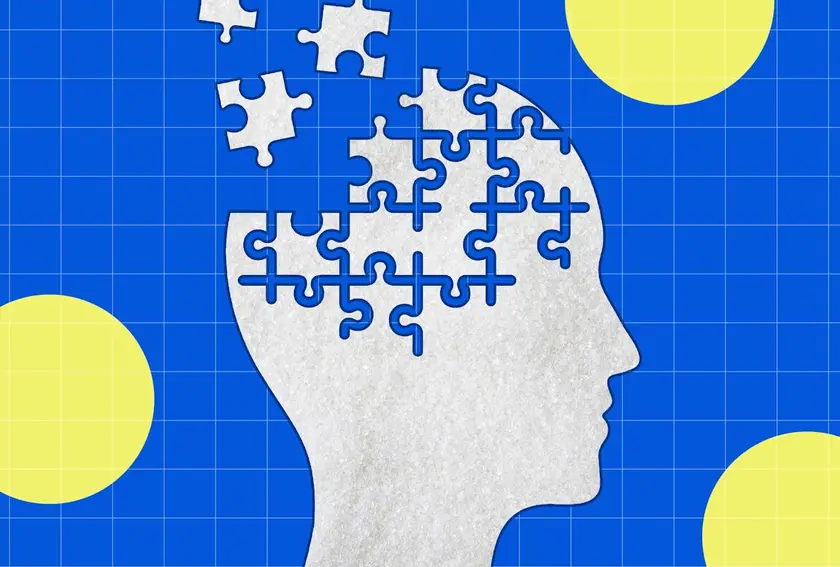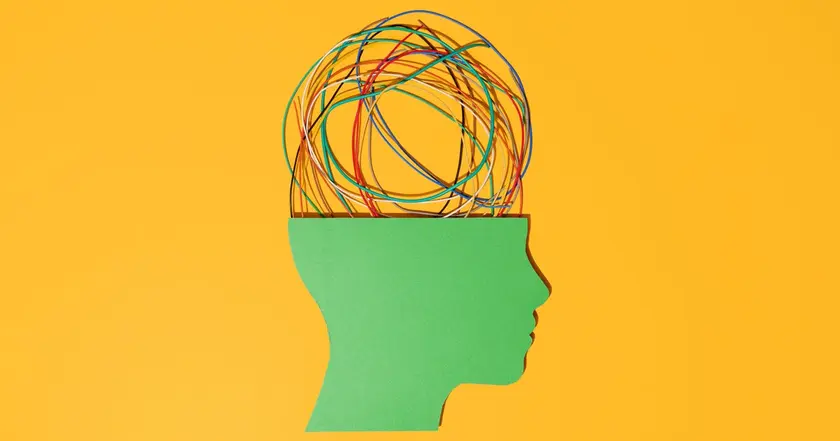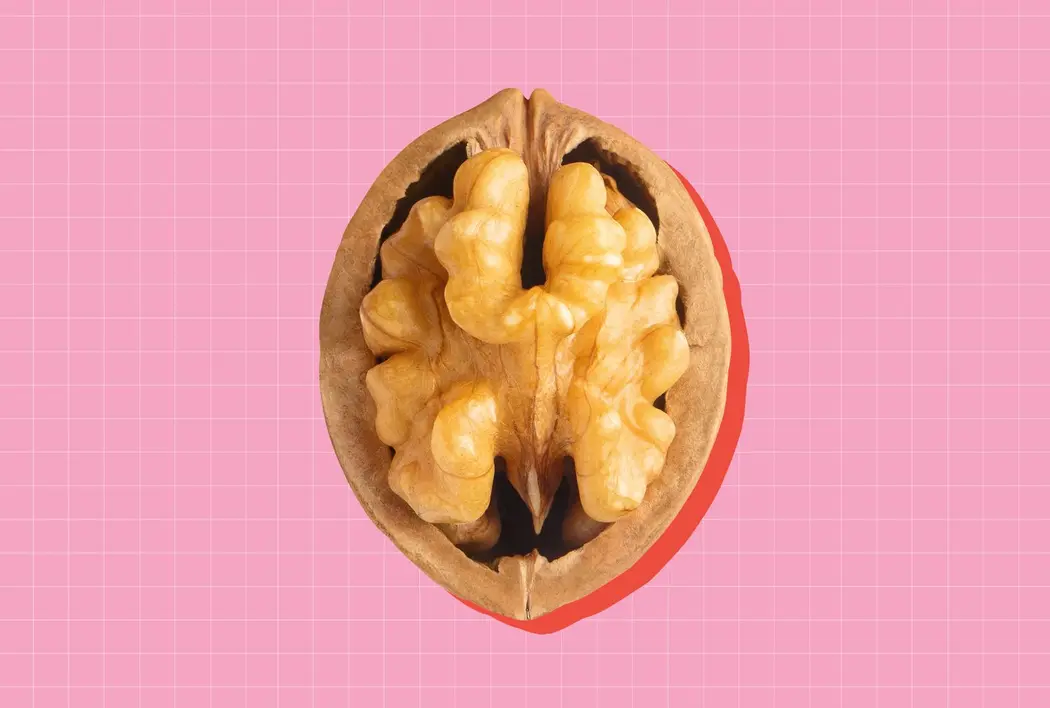T4K3.news
MIND Diet Linked to Brain Health
New study ties adherence to the MIND diet to better hippocampal health and lower dementia risk signals

A new study links adherence to the MIND diet with fewer signs of brain damage linked to dementia, offering clues about why diet helps.
MIND Diet Shields Brain Health Against Dementia
A team at Rush University Medical Center in Chicago studied how closely people followed the MIND diet, a mix of Mediterranean and DASH diet ideas. They looked at postmortem brains of 809 people and used years of diet data before death. Those who stuck to the MIND pattern had fewer signs of hippocampal sclerosis, a brain condition tied to dementia.
The researchers explain that the MIND diet emphasizes vegetables, whole grains, fish, and poultry while limiting dairy, red meat, and fried foods. They note that dementia risk has long been linked to diet, and this study adds a possible mechanism by showing the brain’s hippocampus may be protected by these foods. The work appears in JAMA Network Open and controlled for various demographic and genetic factors, but it does not prove causation.
Key Takeaways
"To our knowledge these are the first findings in human studies to report that the association of diet and dementia is partially mediated by hippocampal sclerosis"
Puja Agarwal commenting on the study's significance
"consuming a healthy diet, such as the MIND diet, may decrease the likelihood of hippocampal sclerosis"
Researchers describing the suggested mechanism
"This strengthens the link between what we eat and how our brains age"
Editorial interpretation of the broader impact
"Investigating diet's relationship with other biomarkers of neuroinflammation will be critical"
Call for future research from the study authors
This study adds to a growing view that what we eat can influence brain health, not just heart health or weight. If the hippocampus is protected by certain foods, dietary guidance could become a concrete tool in dementia prevention. Still, the data are observational and rely on postmortem analysis, so we should be cautious about drawing firm conclusions for individuals.
Experts say the anti-inflammatory and antioxidant effects of MIND foods could help explain the finding. The work points to a broader trend: broad, plant-forward eating patterns may offer the best real-world benefits for cognitive aging rather than single “superfoods.” Future research should explore other brain biomarkers and longer-term studies to confirm how diet shapes brain health over time.
Highlights
- Healthy eating could shield the brain from dementia
- The brain benefits from a plate full of plants and fish
- Diet patterns matter as much as genetics for memory
- Inflammation defense starts at the dinner table
As scientists refine the links between meals and memories, ordinary dinners could play a role in brain health.
Enjoyed this? Let your friends know!
Related News

Limit Candy for Better Brain Health

New study links lifestyle changes to delayed Alzheimer's effects

Daily Habits May Raise Dementia Risk

Brain fog relief starts on the plate

AI Diet Shows Promise in Reducing Dementia Risk

Gabapentin linked to dementia risk

Structured program improves cognitive health

Neurosurgeon warns of foods harming brain health
